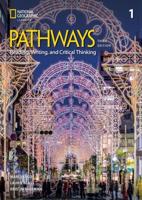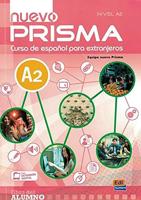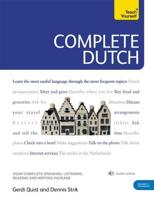Publisher's Synopsis
World Englishes coexist and interact with local languages in multilingual ecologies. Multilingual speakers use the languages in their ecologies for different functions, with different interlocutors, and at different proficiency levels. Attitudinal responses to the languages vary. Speaker groups are heterogenous manifesting only partial overlap regarding language repertoires, use, proficiencies, and attitudes. The languages in multilingual ecologies may shift in status over time. Some languages may be lost while new languages appear. Strong regional languages and English typically persist. The volume explores multilingual ecologies around the globe and the position of English within them. Case studies are drawn from Africa, East, South, and Southeast Asia, the Middle East, and Europe, all written by distinguished scholars in the field who consider both standardized and non-standardized forms of English. The volume argues for a more inclusive study of World Englishes incorporating speakers' social backgrounds as well as the other languages in their repertoires.











